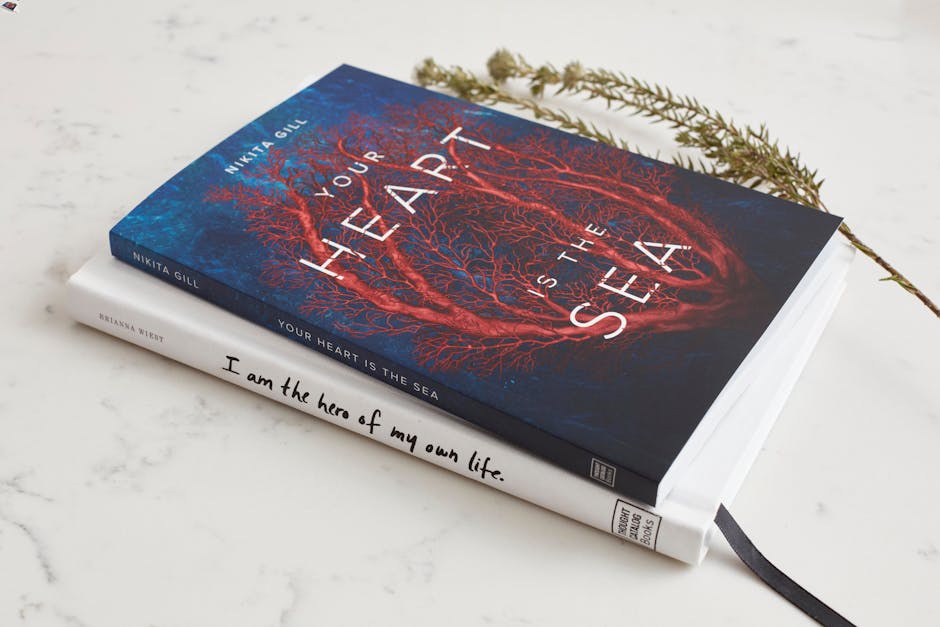Virginia Woolf’s experimental style, particularly in *Mrs. Dalloway* and *To the Lighthouse*, profoundly impacted my appreciation for stream-of-consciousness narration. Her ability to delve into the inner lives of her characters, rendering their thoughts and feelings with exquisite sensitivity and precision, remains a masterclass in psychological realism. Woolf’s prose, fluid and evocative, challenges the reader to actively participate in the construction of meaning, prompting a deeper engagement with the text than a more traditional narrative might. This emphasis on internal experience, coupled with her exploration of female subjectivity in a patriarchal society, continues to shape my analysis of literary works, particularly those concerned with gender and representation.
In contrast to Woolf’s interiority, the stark realism of Ernest Hemingway’s work offers a different, equally valuable perspective. Hemingway’s stripped-down prose, his focus on action and dialogue, and his unflinching portrayal of violence and loss in works like *A Farewell to Arms* and *The Sun Also Rises* reveal a powerful simplicity. His concise style, often criticized for its minimalism, forced me to reconsider the power of suggestion and implication in storytelling. The impact of Hemingway’s minimalism is subtle but profound; it compels the reader to fill in the gaps, actively participating in the creation of meaning through inference and interpretation. His work emphasized the importance of concision, a lesson that continues to inform my own writing and critical analyses.
Gabriel Garcia Marquez, with his magical realism in *One Hundred Years of Solitude* and *Love in the Time of Cholera*, broadened my understanding of narrative possibilities. His fusion of fantasy and reality, his breathtakingly intricate family saga spanning generations, redefined my understanding of what a novel could be. Marquez’s intricate storytelling, punctuated by moments of surreal beauty and profound sadness, demonstrated the liberating power of bending reality to explore complex themes of love, loss, time, and cyclical history. His influence extends to my appreciation for innovative narrative structures and my willingness to embrace literary experimentation in various forms.
The influence of Chinua Achebe, particularly his seminal work *Things Fall Apart*, is inextricably linked to my understanding of postcolonial literature and its crucial role in challenging Eurocentric perspectives. Achebe’s powerful depiction of pre-colonial Igbo society and its subsequent disintegration under the weight of British colonialism offers a nuanced and deeply affecting portrayal of cultural clash and the devastating consequences of imperialism. His writing compels a critical examination of historical narratives and the ways in which dominant cultures often marginalize or misrepresent other voices. This perspective fundamentally altered my approach to literary criticism, prompting a focus on marginalized narratives and a deeper understanding of the political and social contexts informing literary works.
Furthermore, the philosophical depth of Albert Camus, particularly in *The Stranger* and *The Plague*, broadened my perspective on existentialism and the human condition. Camus’ exploration of themes like absurdity, meaninglessness, and rebellion against a seemingly indifferent universe deeply resonated with my own intellectual and philosophical inquiries. His prose, clear and direct, yet filled with profound insights into the human condition, impacted my approach to analyzing character motivation and thematic development. His impact continues to shape my understanding of literary works that explore themes of alienation, revolt, and the search for meaning in a chaotic world.
Finally, the poetry of Sylvia Plath, with its raw emotional intensity and unflinching self-examination, serves as a powerful reminder of the raw power of language to express profound inner turmoil. Plath’s work, notably *Ariel*, confronts difficult themes of mental illness, gender, and societal expectations with a visceral honesty rarely found in literature. Her bold imagery and masterful use of metaphor continue to inspire me to explore the expressive possibilities of language and to confront the complexities of human experience with a similar degree of unyielding courage. Her poetic legacy serves as a constant reminder of the profound impact a writer can have through vulnerable and honest self-expression.
In conclusion, these authors Woolf, Hemingway, Marquez, Achebe, Camus, and Plath represent a small but significant fraction of the writers who have molded my literary perspective. Their collective influence has fostered a critical lens that values experimentation, embraces diverse narratives, prioritizes nuanced character development, and critically engages with the socio-political contexts shaping literary works. The journey of reading and interpreting literature is an ongoing process, and the voices of these authors continue to serve as guides, illuminating the complexities and beauty of the written word. Their impact is not confined to the books themselves; it extends to my appreciation of the broader world and my continued exploration of the power of storytelling.
